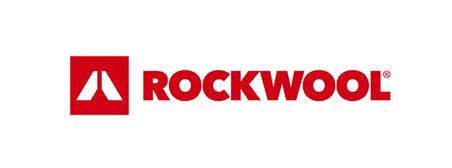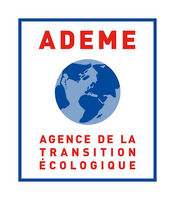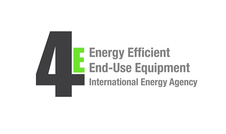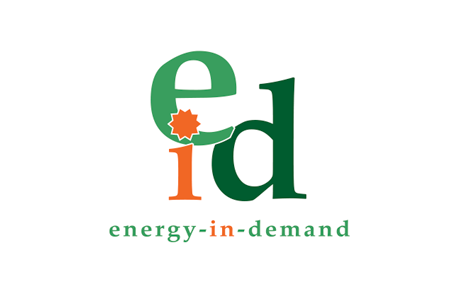Search eceee proceedings
Framework for stepwise climate work with Climate impact KPIs for the operation and management of buildings built before 2020
Panel: 7. Policies and programmes for better buildings
This is a peer-reviewed paper.
Authors:
Åsa Wahlström, CIT Energy Management AB, Sweden
Catarina Warfvinge, Lund University, Sweden
Abstract
In 2019, the City of Malmö adopted a local roadmap called LFM30, in connection with Sweden's climate goals. The roadmap implies a climate-neutral construction sector in Malmö by 2030 and will be reached by commitments of participating organizations. To measure the improvements and that the commitment has been fulfilled, a new framework with clear key figures has been developed by researchers and property owners of existing buildings. The framework is used to determine a building's climate status and to practically guide managers and technical managers to systematically and continuously work on climate-adapting operations and management and to analyze the profitability and climate effects of technical measures. Within the framework, 27 Climate impact Key Performance Indicators, CKPI have been identified, key figures that show a building's current climate status. With the CKPIs a building's improvement over time can be showed within a property management, but also for comparing buildings with each other. To improve the CKPIs a tool with about 150 relevant climate actions for operation, management, building, building services systems and user engagement has been developed. The focus is on climate action, but these must not adversely harm other environmental and health factors, which the operation and management should continuously control. The climate actions are formulated as questions that can be answered with yes or no, each is rated in 1–5 depending on how cost- or time-efficient they are to implement. The framework also includes a process guide for the improvement work to be structured and that climate actions are implemented in the right order to avoid sub-optimization of climate effects and the economy. The guide helps managers and technical managers to implement climate actions that are relevant based on the building's conditions and the financial conditions. The property owners' commitments to LFM30 are to report annually from 2023 what proportion of their buildings have reached stage 1, step 2, etc. LFM30 is a good example of how property owners create pressure on themselves and collaborate with other organizations to get climate work started for real.
Downloads
Download this paper as pdf: 7-294-22_Warfvinge.pdf
Download this display (photo) as pdf: 7-294-22-displayphoto.pdf
Panels of
1. Dynamics of consumption: less is more?
2. Efficiency and beyond: innovative energy demand policies
3. Policy, finance and governance
4. Monitoring and evaluation for a wise, just and inclusive transition
5. Towards sustainable and resilient communities
6. Energy-efficient and low-carbon mobility for all
7. Policies and programmes for better buildings
8. Innovations in products, systems and building technologies



























